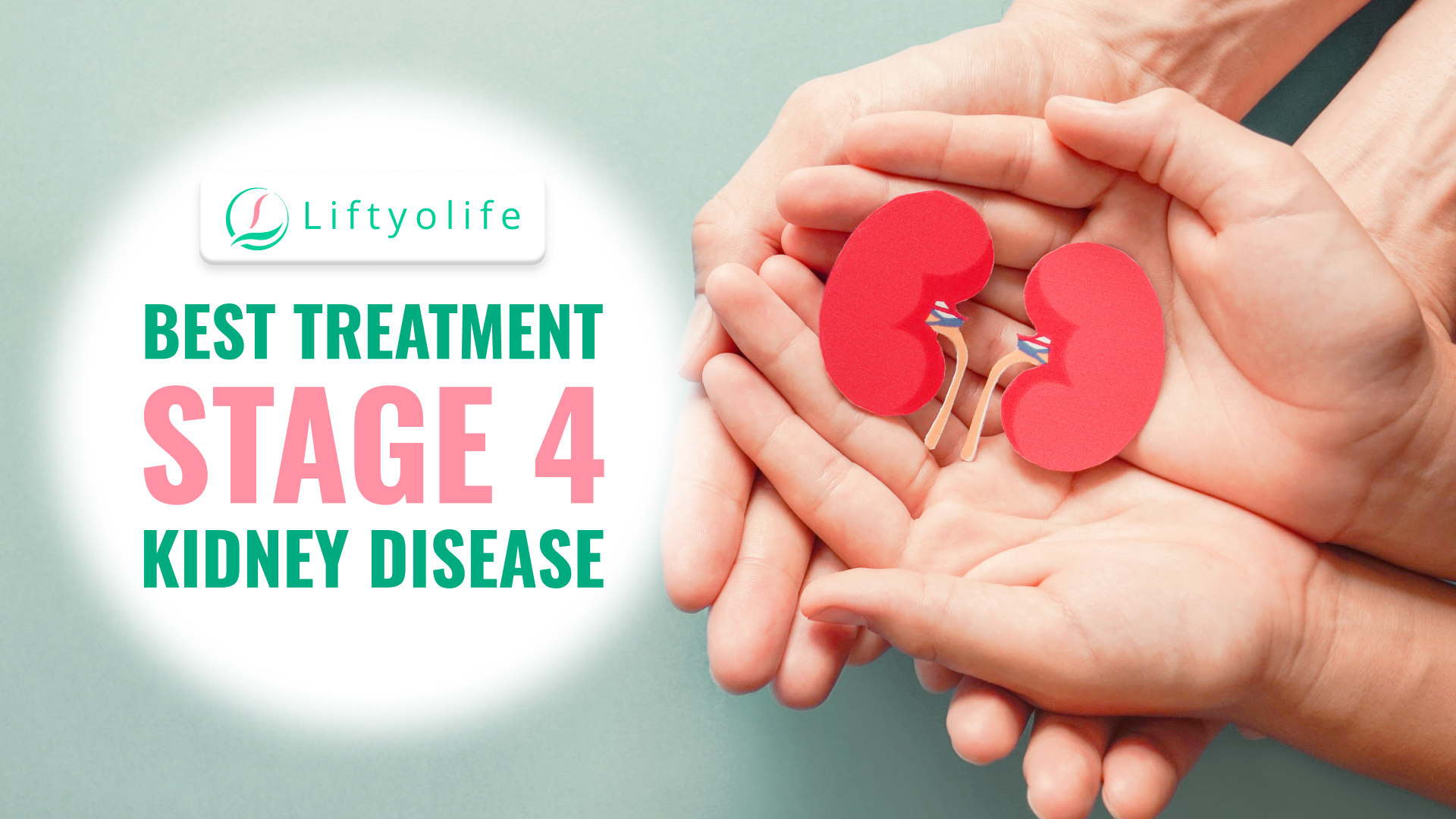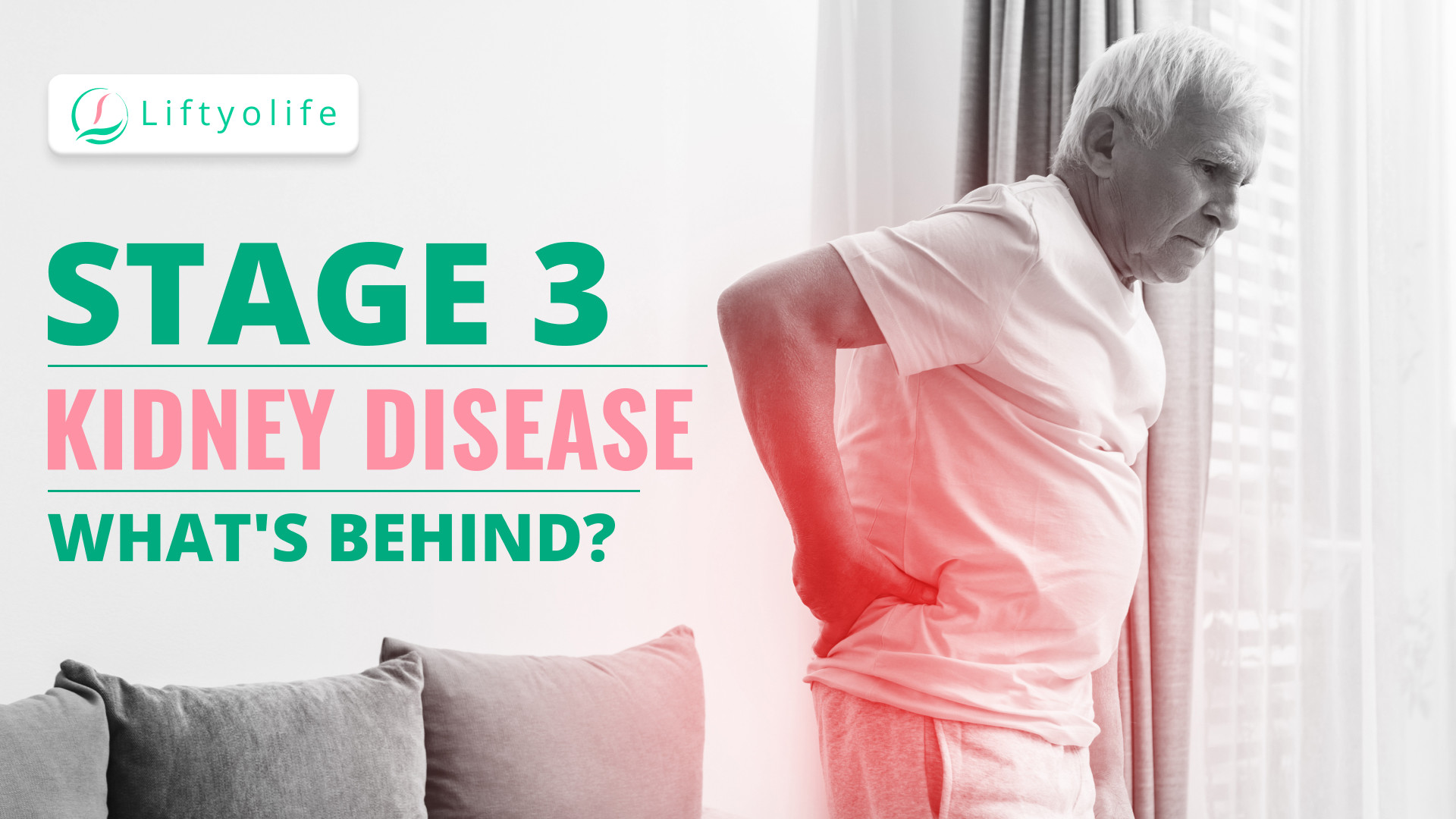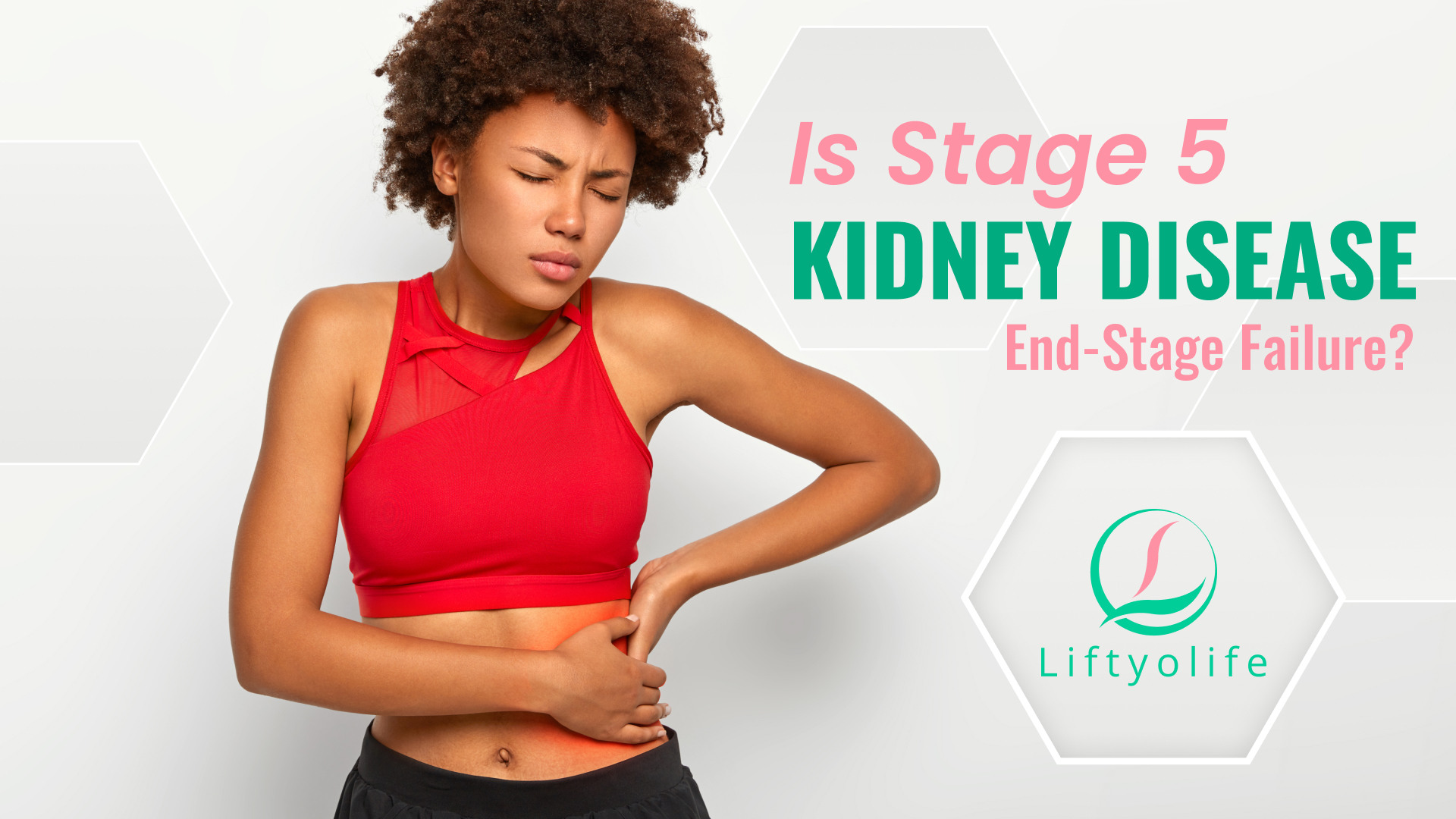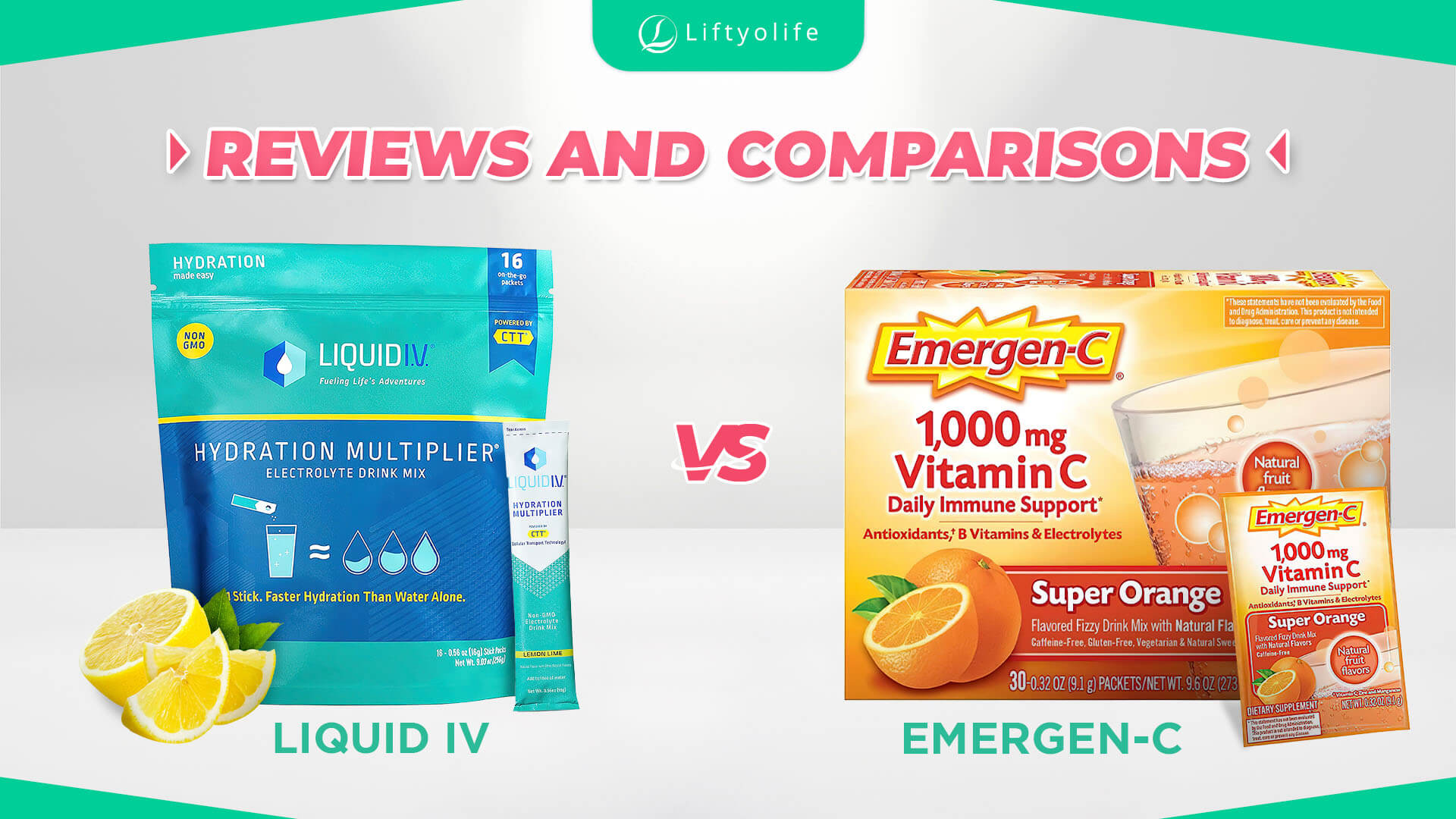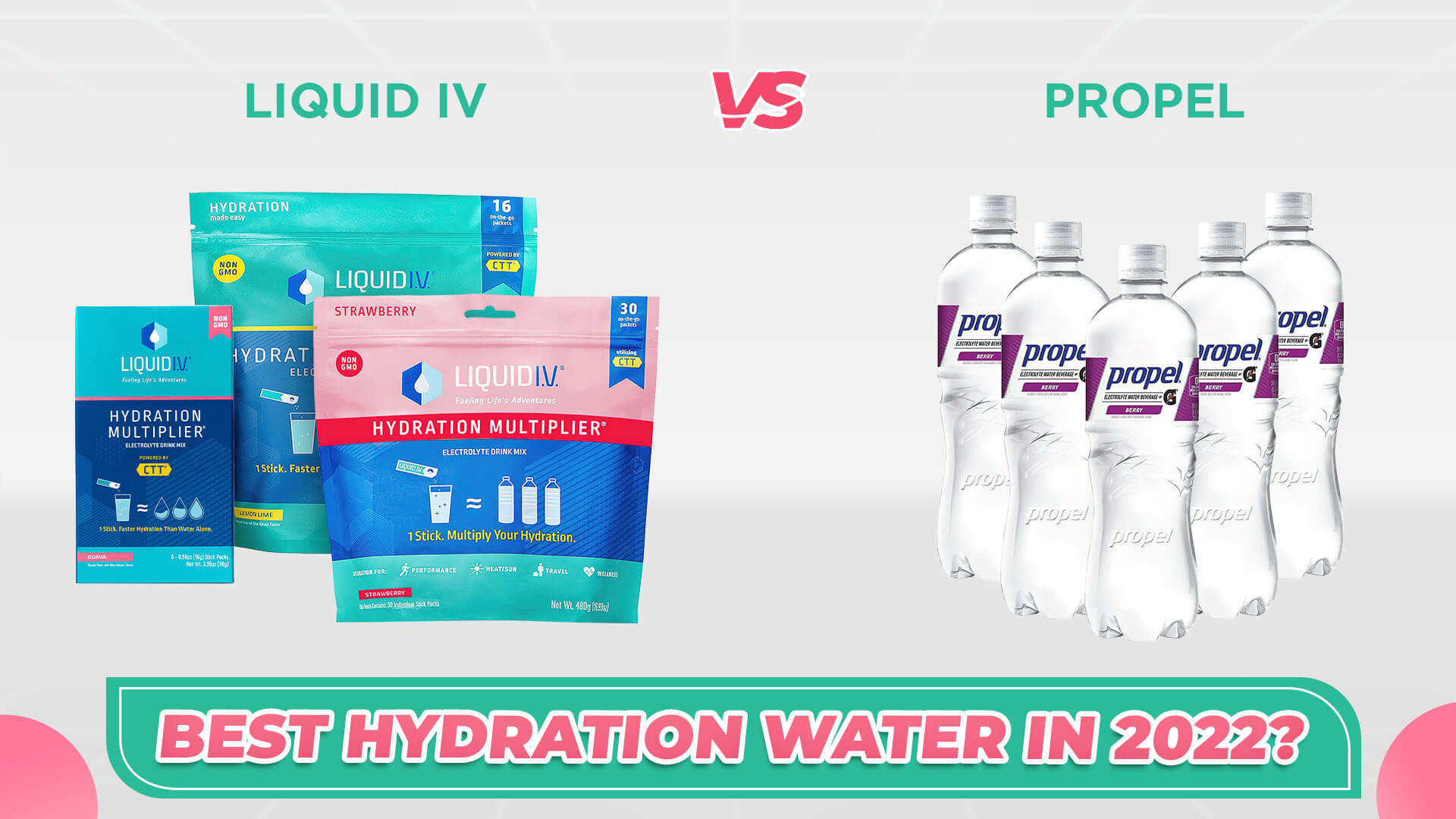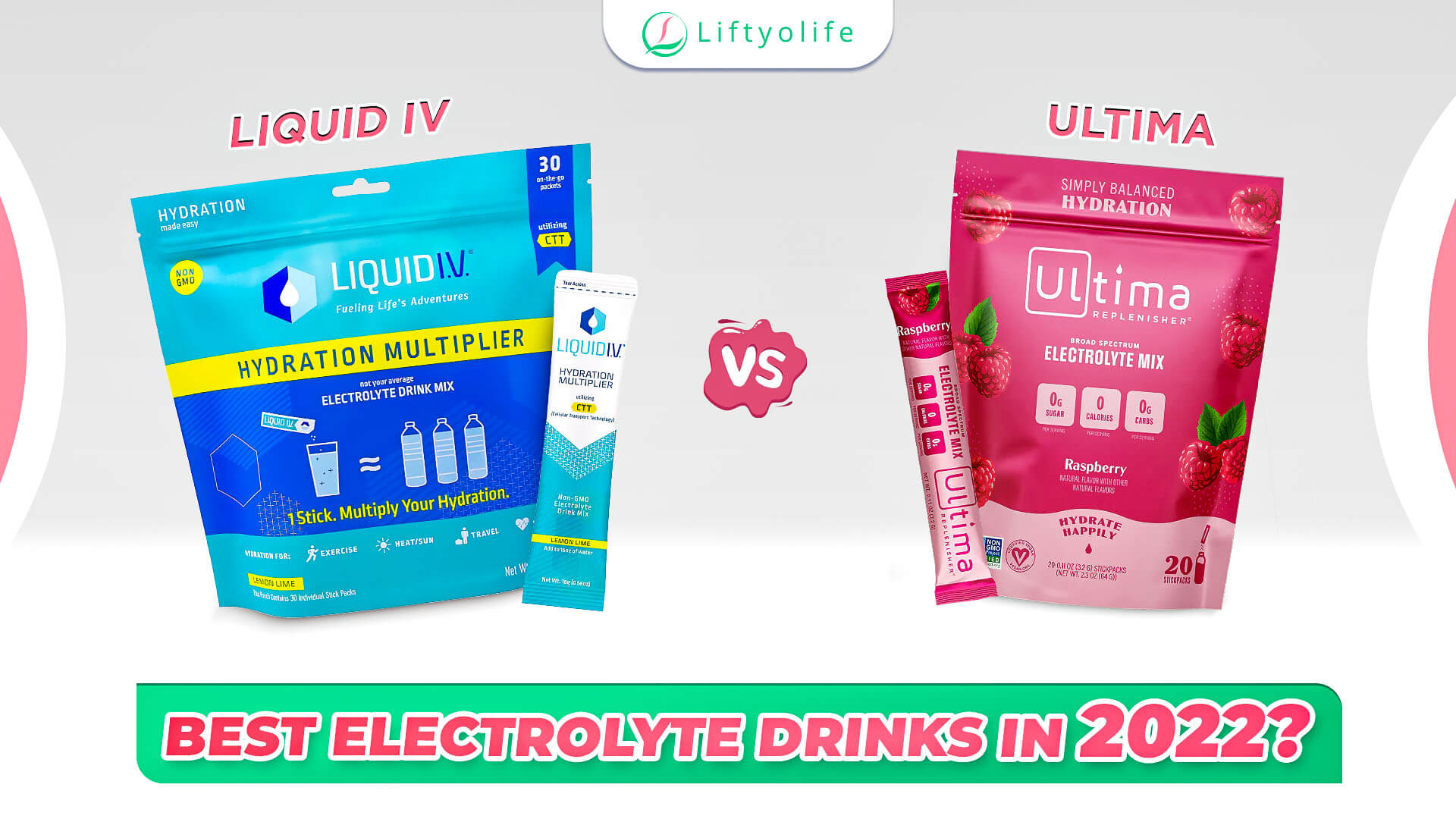COVID-19 Vaccine: Is A Booster Shot The Same As A Vaccine?
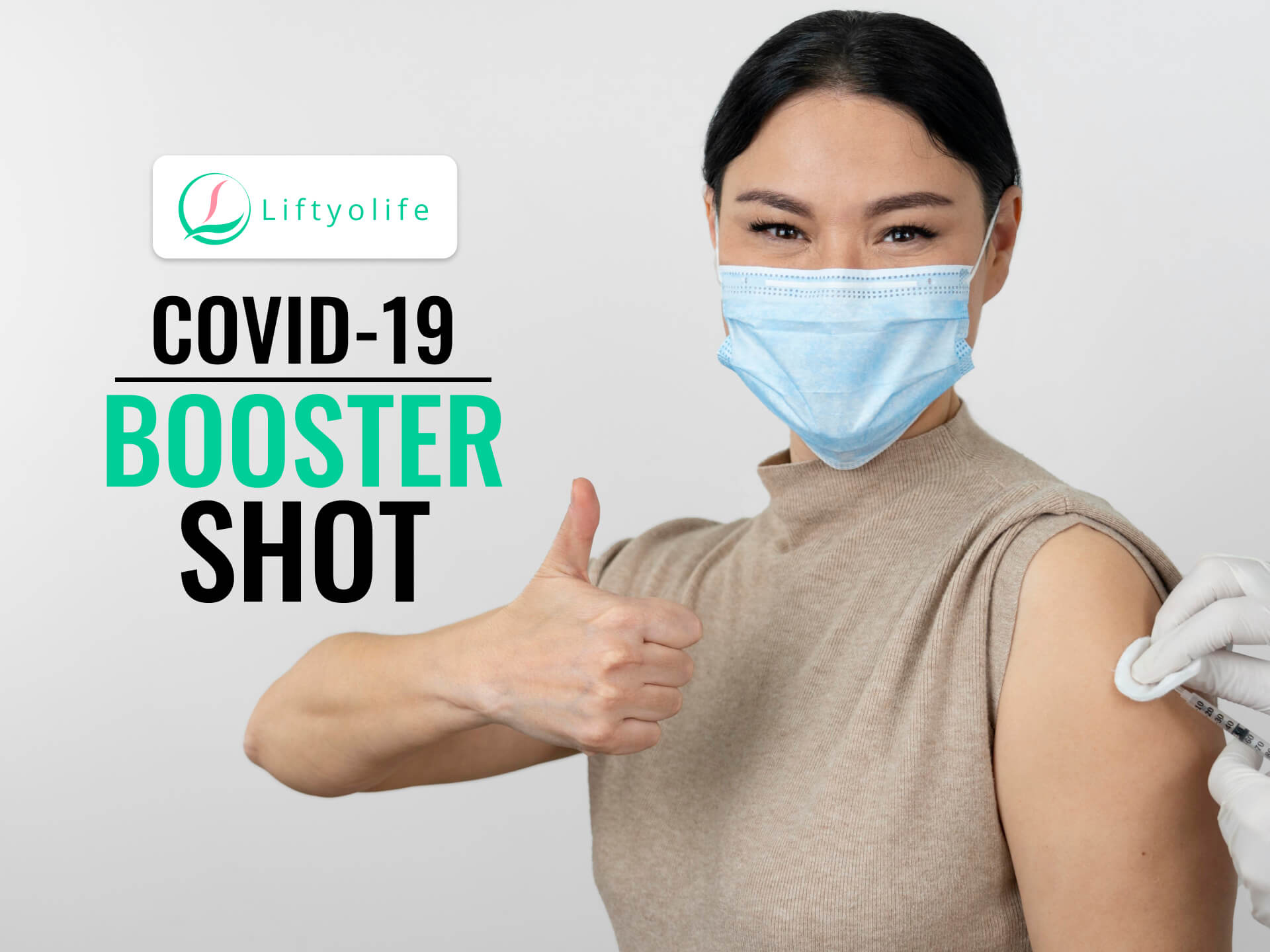
On Oct 20th, 2021, The Food & Drug Administration (FDA) and the Centers for Disease Control and Prevention (CDC) recommend Americans use a vaccine booster to stay ahead of the virus and keep U.S. residents safe. So, the biggest question of most Americans now is: “Is a booster shot the same as a vaccine?” This article from Liftyolife (liftyolife.com) will help you find the reason.
1. What is a COVID vaccine booster shot?
A COVID booster dose is an additional dose of a vaccine to “boost” your immune system after the vaccine dose(s) effectiveness has begun to wane.
2. Why do we need a vaccine booster dose?
Earlier this month, the U.S FDA published the amendments of emergency use authorization of COVID-19 vaccines about additional doses to a certain group of people. This is because the COVID-19 situation is recording an increase in the number of Delta variant infections in the U.S.
2.1. The COVID-19 situation in U.S
Here is the data report about the COVID-19 trend in the U.S from Jan 23th to Oct 26th, 2021.
News of CDCs about new cases of COVID-19
Worldwide, the total cases of COVID-19 are nearly 250 million cases, in which more than 45.7 million confirmed cases are reported in the U.S – the report from Johns Hopkins University.
News of CDC about daily death due to COVID-19 from the beginning of pandemic until Oct 26th, 2021 (Link)
The new cases and daily deaths in the U.S are still high. United States Coronavirus update with the total deaths until Oct 28th is 741.231.
The vaccine is the best hope to ending this pandemic since its effectiveness. According to the CDC, vaccines are excellent to protect people against severe disease, hospitalization, or even death (1). About 221 million people in the U.S get at least one dose, and 191 million get fully vaccinated (2).
2.2. Reason to get the third dose
There are three following reasons why Americans should get a booster shot of vaccines.
- If immunocompromised people didn’t respond adequately to the first two doses of vaccine, the first two doses could not protect them much as healthy people. CDCs recommend that people who have moderately to severely compromised immune systems need to get the third dose. (3).
- The immune of the first two doses naturally deteriorates or goes down over time. The booster will help people maintain their immunity for a longer period of time.
- The third reason to get a third dose for people who have already been vaccinated is its performance. A vaccine can help you against the COVID-19 when new variants and mutations emerge.
COVID-19 Vaccinations in the United States show that 14.5 million get their booster vaccine dose.
About these data: Data as of Oct 26th, 2021.
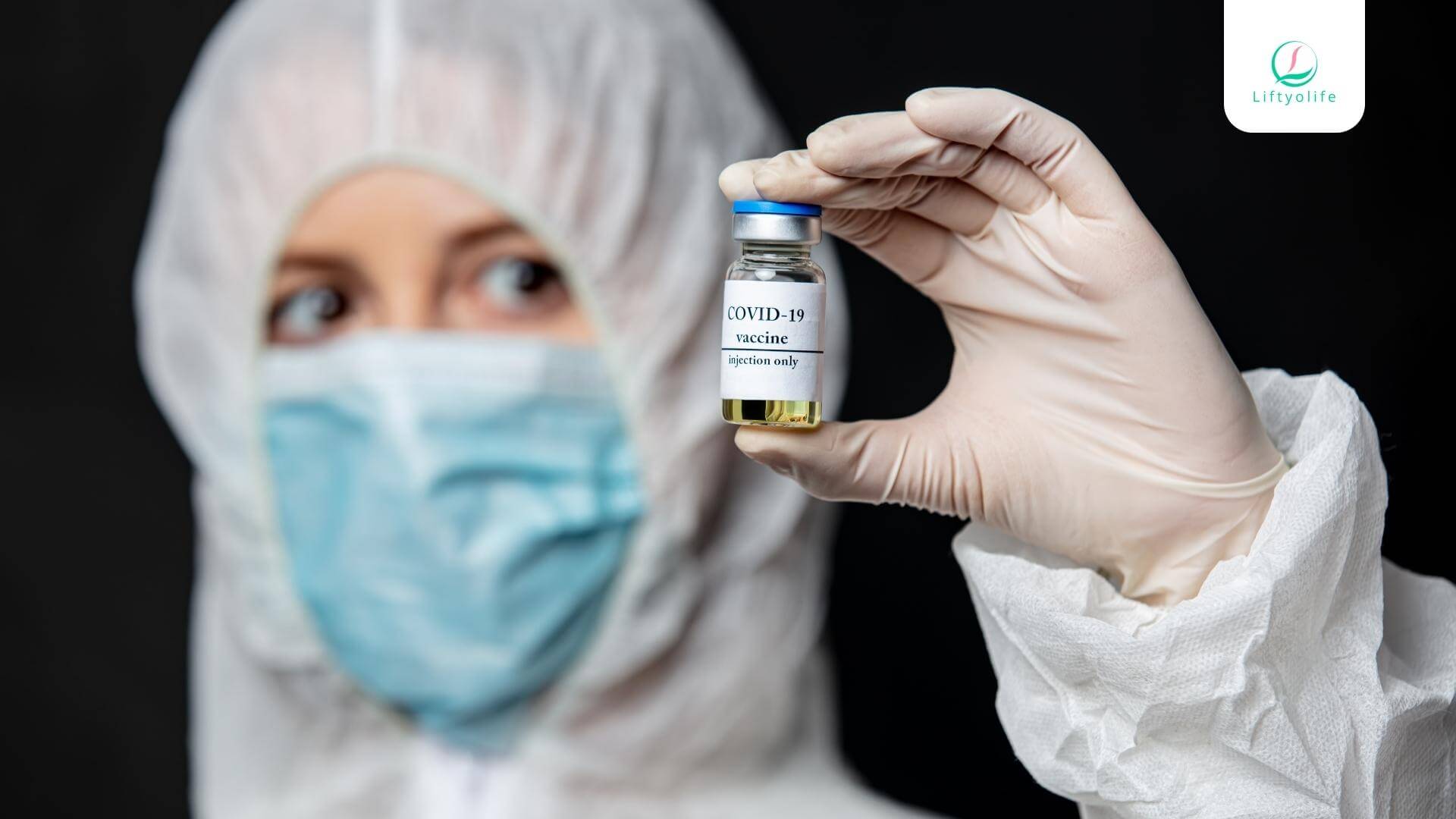
Why do we need a vaccine booster dose?
3. Who can get a booster shot?
Guideline from the CDC and the FDA indicates the requirement to get a booster dose:
- People 65 and older, people 50–64 with underlying medical conditions, and people 18 and older who live in long-term care settings should all get a booster shot.
- People aged 18 and older should get an additional dose at least two months after the first dose of the Johnson & Johnson/Janssen COVID-19 vaccine.
4. Choosing a booster vaccine
4.1. If you received Pfizer-BioNTech or Moderna
You can get the vaccine booster shot at least 6 months after your second dose if you are:
- Aged 65 or older: The risk of suffering from COVID-19 increases with age. Older adults might get a higher risk than others.
- Aged 18 and older with long-term care (LTC) settings: LTC settings such as nursing homes, residential care with the older who have underlying medication and often live close together. The coronavirus easily infects these people.
- Aged 18 and older who have underlying medical conditions:
- Americans aged 18 to 49 with underlying medical conditions may get a vaccine booster dose.
- Americans aged 50 to 64 with underlying medical conditions should get a vaccine booster dose.
The underlying medical conditions include cancer, chronic kidney disease, chronic liver disease, chronic lung diseases, dementia or other neurological conditions, etc. This is the list of underlying medical conditions from CDCs (4).
- Aged 18 and older who work or live in high-risk settings
Americans who work or live in certain settings such as healthcare, schools, or homeless shelters can get a booster dose.
4.2. If you received Johnson & Johnson’s Janssen
You can get the vaccine booster shot at least 2 months after your first dose if you are 18 and older.
5. Is A Booster Shot The Same As A Vaccine?
The FDA has approved three vaccine boosters, including Pfizer-BioNTech, Moderna, and Johnson & Johnson’s Janssen. You can choose any type of COVID-19 vaccine used in the U.S for your booster shot, even the brand of booster dose could be different from your initial dose(s).
Is a booster shot the same as a vaccine? Liftyolife (liftyolife.com) hope you find the answer in this article. The vaccine booster shots will boost the immunity system, helping to prevent hospitalization and death when the highly-contagious Delta variant breaks out across the country. It is now the most common SARS CoV-2 variant, accounting for more than 99 percent of COVID-19 cases and causing a massive increase in hospitalizations in some states. The only way we can help to protect our health is to receive the vaccine booster dose.
